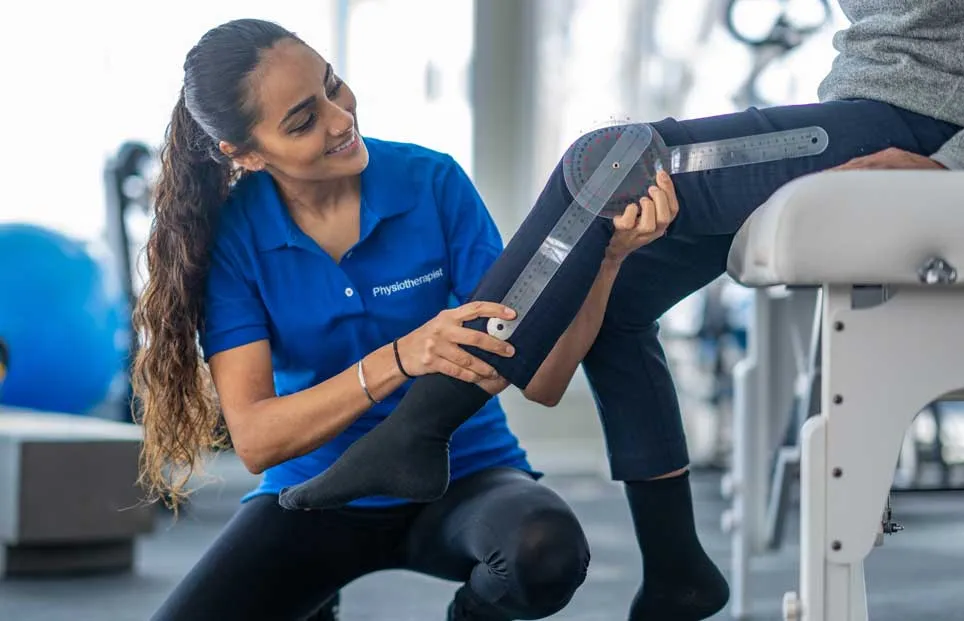Empowering Patients Via Psychosocial Assistance in Cardiovascular Rehabilitation Initiatives.
Wiki Article
Cardio-pulmonary rehabilitation initiatives are created to help individuals with cardiac and lung conditions improve their health and standard of living. These initiatives often include physical exercise, instruction about cardiac and pulmonary health, and support for implementing lifestyle choices modifications. However, one important aspect that is sometimes overlooked is the role of psychosocial support. Emotional assistance refers to the emotional and community assistance that individuals receive during their recovery process. This support can empower patients, enhance their confidence, and assist them navigate the obstacles that come with long-term medical issues.

Individuals in cardiopulmonary rehab frequently face various emotional and psychological challenges. Emotions of anxiety, depression, and isolation can be prevalent. These feelings may arise from the stress of dealing with a serious health condition or the fear of future medical problems. Emotional support can aid tackle these feelings by providing patients with a safe environment to talk about their concerns and connect with others who understand what they are going through. Group counseling meetings and one-on-one counseling can be beneficial ways to promote this support. By engaging with professionals and peers, patients can acquire coping techniques and find encouragement from peers who have similar challenges.
Integrating psychosocial support into cardiac and pulmonary rehabilitation programs can lead to better medical outcomes for individuals. Studies indicate that when individuals receive psychosocial assistance, they are more likely to stick to their recovery programs, follow to medication, and make necessary lifestyle choices changes. This involvement can lead to improved health health, lessened admissions, and an entire better quality of life. Support groups can encourage inspiration and responsibility, helping patients stay dedicated to their recovery goals. This collaborative method emphasizes the Continue Reading importance of addressing both bodily and emotional well-being in the rehabilitation journey.
Educators and healthcare providers play a crucial role in offering psychosocial support within these programs. They can help patients understand the importance of emotional well-being in their rehabilitation process. By establishing an atmosphere of empathy and support, healthcare professionals can promote open dialogue about emotions and concerns. Educating personnel in interpersonal techniques and psychosocial assistance techniques can enhance the general patient experience. Furthermore, integrating education about anxiety reduction, calming techniques, and healthy adaptation approaches can empower patients to take an active role in their emotional health.
To summarize, empowering patients through psychosocial assistance in cardiopulmonary rehabilitation programs is crucial for encouraging holistic rehabilitation. By acknowledging the emotional and community aspects of healing, medical professionals can establish a more nurturing atmosphere that meets the requirements of the whole individual. Individuals who receive this comprehensive care are more likely to achieve their patient motivation strategies in therapy health goals and improve their overall quality of living. The integration of emotional support into recovery initiatives not only enhances the individual experience but also leads to improved sustained medical results.